Clint Moses, Wisconsin State Representative for 92nd District | www.facebook.com
Clint Moses, Wisconsin State Representative for 92nd District | www.facebook.com
According to the Wisconsin State Legislature's official website, the bill was described as follows: "prohibiting school boards and independent charter schools from providing food containing certain ingredients in free or reduced-price meals".
The following is our breakdown, based on the actual bill text, and may include interpretation to clarify its provisions.
In essence, this bill prohibits school boards and independent charter schools from providing food that contains brominated vegetable oil, potassium bromate, propylparaben, azodicarbonamide, or red dye 3 to pupils as part of free or reduced-price meals offered through the National School Lunch Program or the federal School Breakfast Program. However, the bill allows private entities to serve food containing these ingredients on school premises or at school-sponsored events. The amendments will be effective starting July 1, 2027.
The bill was co-authored by Senator Rachael Cabral-Guevara (Republican-19th District), Representative Scott Allen (Republican-82nd District), Representative Elijah R. Behnke (Republican-6th District), Representative Daniel Knodl (Republican-24th District), and Representative Paul Melotik (Republican-22nd District).
Clint P. Moses has co-authored or authored another 39 bills since the beginning of the 2025 session, with none of them being enacted.
Moses graduated from the University of Wisconsin-Stout in 1999 with a BA and again in 2001 from Northwestern College of Chiropractic with a BS.
Moses, a Republican, was elected to the Wisconsin State Assembly in 2025 to represent the state's 92nd Assembly district, replacing previous state representative Treig Pronschinske.
In Wisconsin, the legislative process starts when a senator, constituent, group, or agency proposes an idea for a bill. After drafting, the bill is introduced, numbered, and referred to a committee for review and public input. If approved, it moves through three readings and votes in both the Senate and Assembly. Once both chambers pass the same version, the bill goes to the governor, who can sign it, veto it, or let it become law without a signature. Only a small share of bills introduced each session ultimately become law. You can learn more about the Wisconsin legislative process here.
| Bill Number | Date Introduced | Short Description |
|---|---|---|
| AB226 | 04/23/2025 | Prohibiting school boards and independent charter schools from providing food containing certain ingredients in free or reduced-price meals |
| AB218 | 04/23/2025 | Limitations on ownership of real property in this state by foreign persons. (FE) |
| AB204 | 04/23/2025 | Creating a video game production tax credit and making an appropriation. (FE) |
| AB192 | 04/15/2025 | Fatality review teams and granting rule-making authority. (FE) |
| AB180 | 04/15/2025 | Requiring the Department of Health Services to seek any necessary waiver to prohibit the purchase of candy or soft drinks with FoodShare benefits. (FE) |
| AB72 | 02/24/2025 | Ratification of the Driver License Compact. (FE) |
| AB34 | 02/17/2025 | Court-issued criminal complaints in officer-involved deaths |
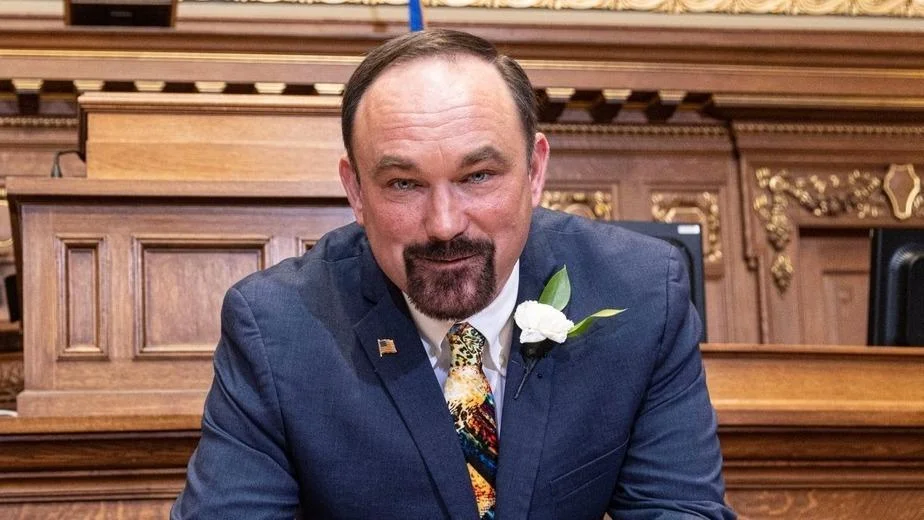
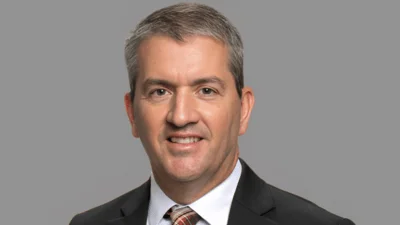
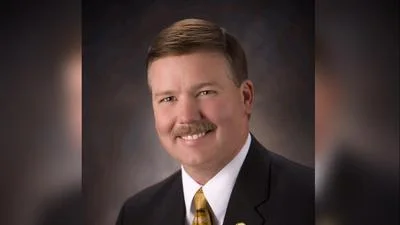
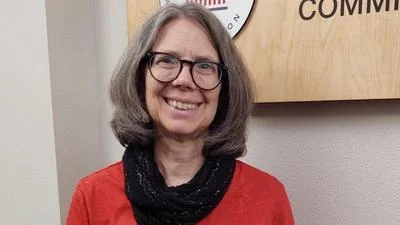
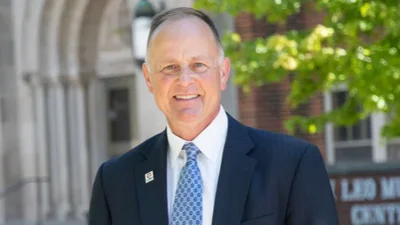
 Alerts Sign-up
Alerts Sign-up